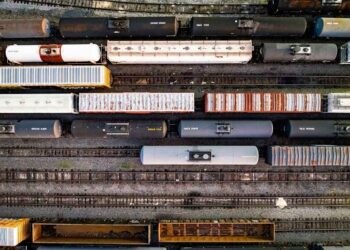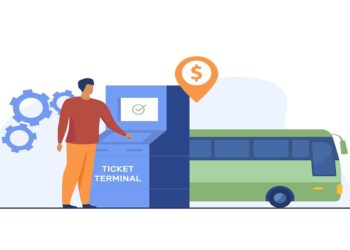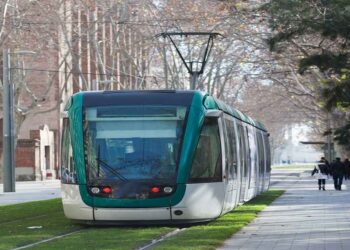The High-Speed 2 (HS2) railway project is essential for the UK as it will provide additional commuter services and more paths for rail freight, the Department for Transport (DfT) has said.
In a new report entitled ‘The Strategic Case for HS2’ by the DfT, it was noted that HS2 will add 18 trains per hour between Manchester, Leeds and London and will allow more freight onto the wider rail network.
The report added that the East Coast, West Coast and Midland Main Lines can only carry a limited number of trains each day before they become clogged.
The Strategic Case for HS2 also finds that 40% of passengers will be standing on commuter services into London during the evening peak by 2026.
Studies conducted by Network Rail and Atkins also reveal that the alternative to HS2 would result in up to 14 years of weekend closures on existing lines.
UK Transport Secretary Patrick McLoughlin said that a patch and mend job will not do – the only option is a new north south railway.
“HS2 brings massive benefits to the north, is great for commuters and the alternatives just don’t stack up,” McLoughlin added.
Estimated to deliver up to £15bn to the UK economy per year, the new railway project will reduce crowding and offer faster journeys. Moreover, the government values the benefit to cost ratio (BCR) of HS2 at 2.3 or offering £2 of benefits for every £1 spent.
The BCR will further rise to 4.5 if demand from rail travel continues to increase until 2049.
HS2 will also provide additional commuter services into London from Watford, Milton Keynes, Rugby and Northampton, while new commuter services into Birmingham, Leeds and Manchester.
Under the report, the country’s railways will be overwhelmed even with a planned transport investment of more than £50bn by 2019.
































